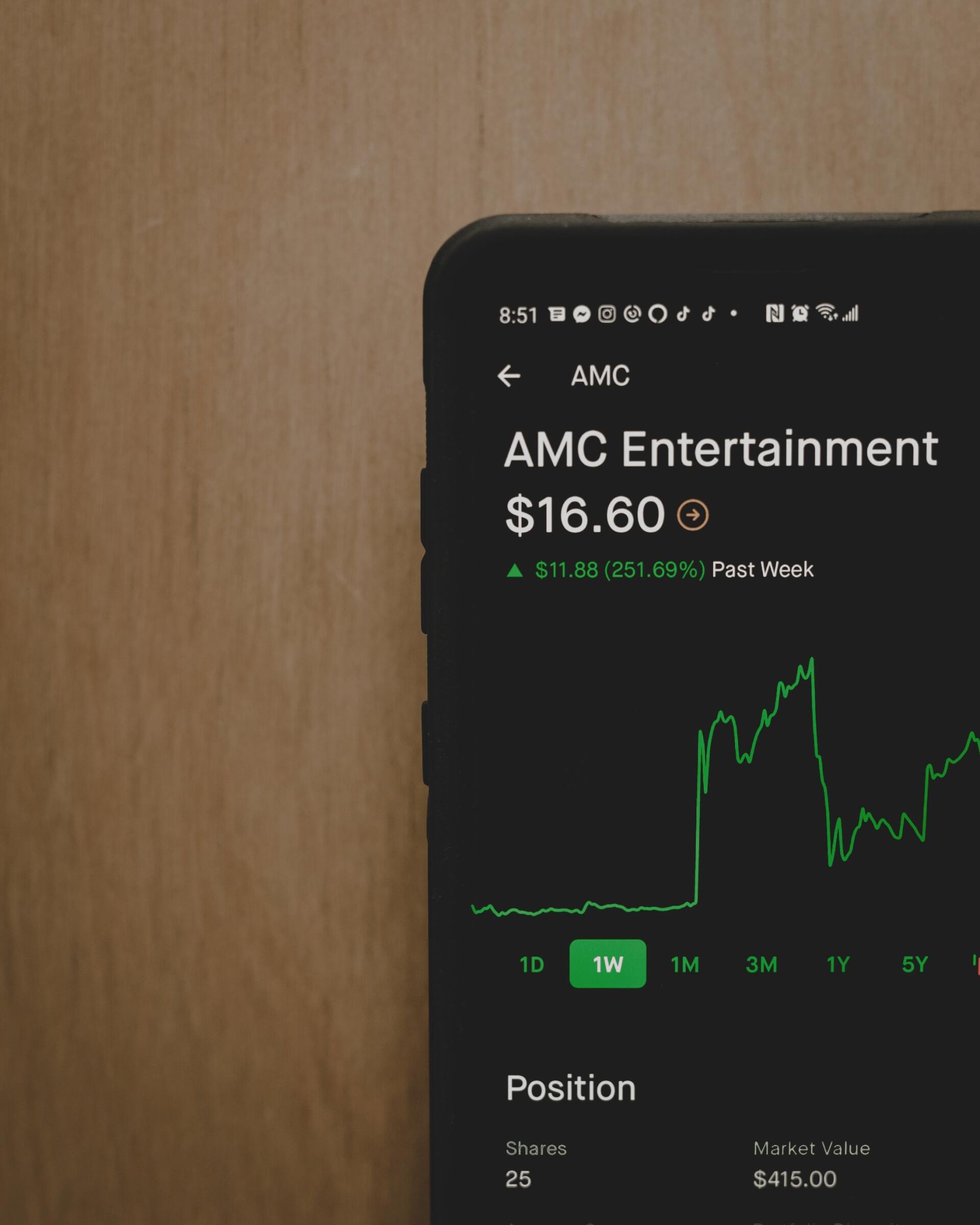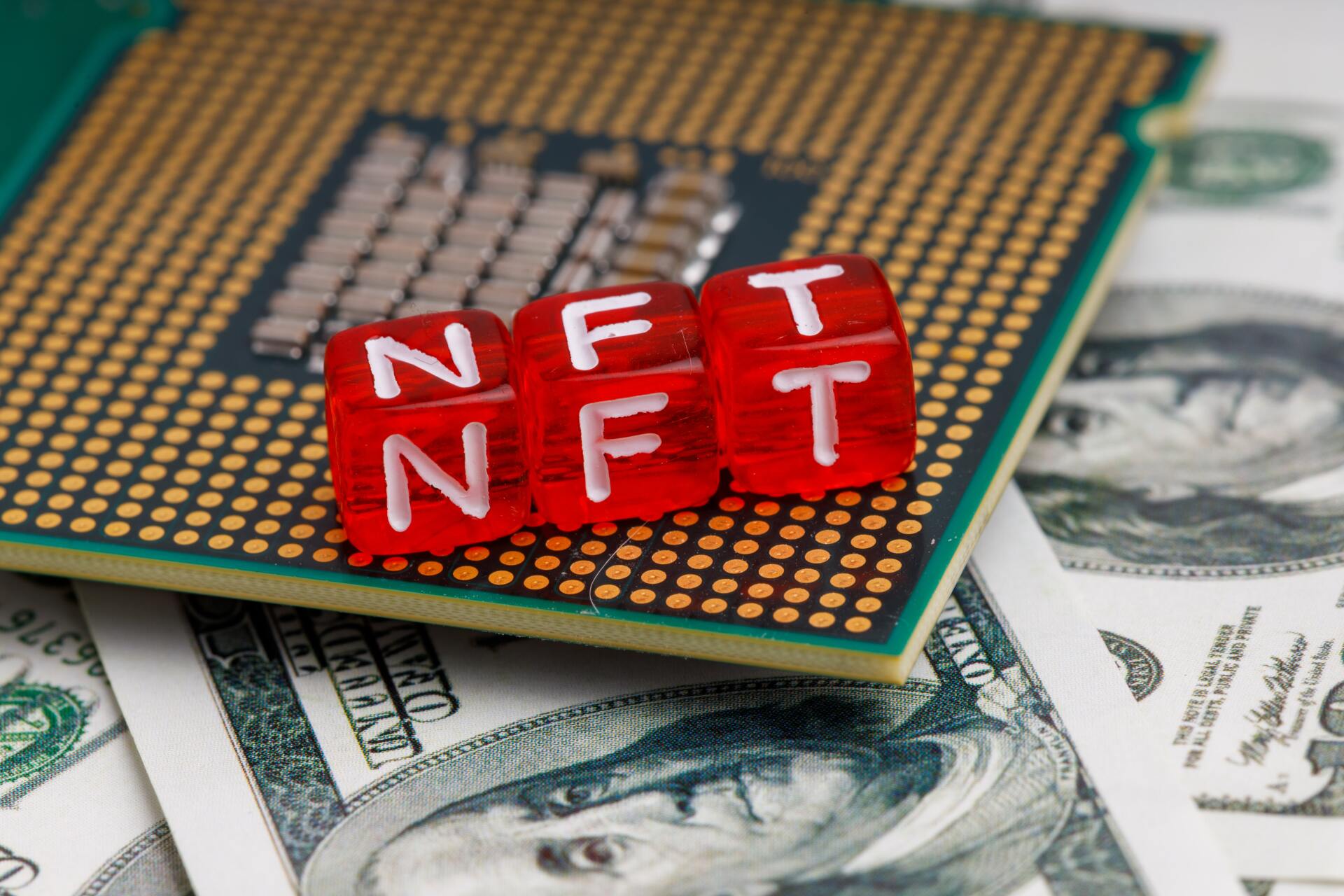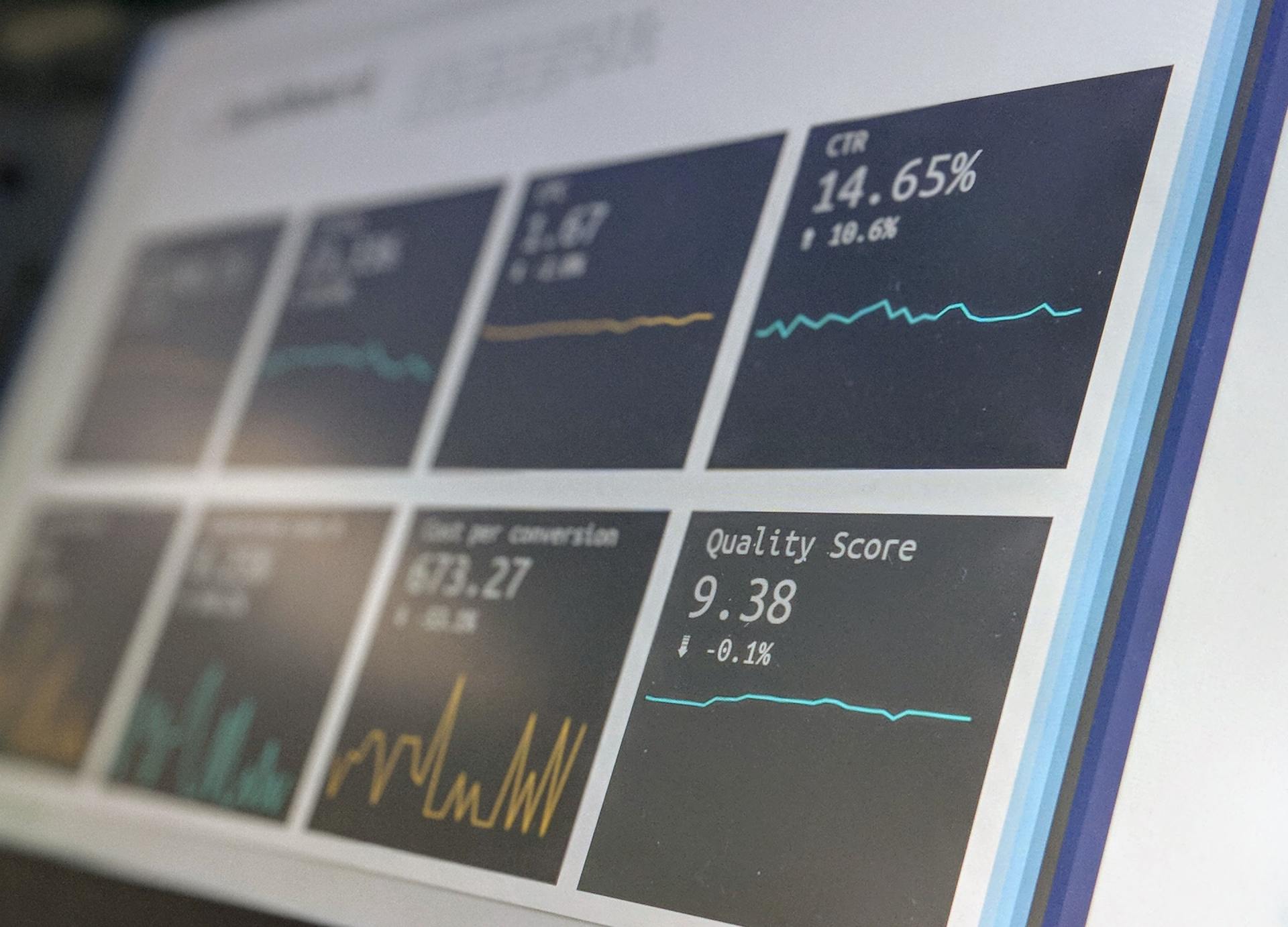August 9, 2021
401(k). It’s one of the most common ways to save for retirement, but how do you know which kind to invest in? This is a frequently asked question, especially among young people just starting out their careers in companies that offer retirement benefits. To start off, let’s talk about what a 401(k) actually is. Luckily, 401(k) is not referring to a long-distance race (I think far fewer people would be interested in it if it were). It’s just a retirement savings/investment tool that was named after a section of the U.S. Internal Revenue Code. Typically, if you invest in a 401(k) through your employer, your money will be managed by an advisor, often from some sort of investment management company like Fidelity. That’s not to say that you don’t have any say in how your money is invested--you certainly have input over your own money. Many companies allow employees to contribute part of their paycheck to a 401(k). Some companies even offer to match their employees’ contributions, up to a certain percentage. As of 2021, the max amount that can be contributed to a 401(k) in a given year is $19,500 for employees under 50-years-old and $26,000 for employees who are 50 years of age or older. That extra $6,500 for employees over 50 is called a catch-up contribution. It allows said employees to more easily meet their retirement goals as they draw closer to it. So, when that percentage of your paycheck gets taken out, where exactly is it going? The money that is invested in a 401(k) will generally include an array of stock and bond mutual funds, as well as target-date funds. The specific makeup will depend on a few factors, one of the most important ones being how close you are to retirement (the closer you are, the lower the risk because you won’t be playing the long game in the stock market anymore). With all of this information about 401(k)’s, how do I know which kind to invest in? That decision is going to depend on personal preferences, but what you need to know about the differences between a Roth and a Traditional 401(k) comes down to how they are taxed. Contributions to a Roth 401(k) are taken from after-tax dollars. That means you are investing money from your paycheck that has already been taxed and don’t have to worry about paying taxes on it (or its growth) when you withdraw money from it in retirement. One thing to note is that your employer match portion in a Roth 401(k) will be subject to taxes when withdrawn. Contributions to a Traditional 401(k) are taken from your paycheck’s pre-tax dollars. That means that your taxes will be lower now, but you will pay taxes on everything you withdraw in retirement. When they are withdrawn, they will be taxed at an ordinary income tax rate, with most state income taxes applying as well. So, which type of 401(k) to invest in comes down to you. Do you think income taxes will be higher today or during retirement? Do you think you will be making more money now or later? Now that you have an understanding of the differences between the two, these are just some questions to consider when deciding on a Roth vs Traditional 401(k). Citations: Dave Ramsey, “401(k) vs. Roth 401(k): Which One Is Better?,” Ramsey Solutions (blog), June 17, 2021, accessed 8/3/2021, https://www.ramseysolutions.com/retirement/traditional-401k-vs-roth-401k . Jason Fernando, “401(k) Plans: The Complete Guide,” Investopedia, March 11, 2021, accessed 8/3/2021, https://www.investopedia.com/terms/1/401kplan.asp . Kristin McKenna, “Should I Pay Someone to Manage My 401(k)?,” Forbes, February 22, 2021, accessed 8/3/2021, https://www.forbes.com/sites/kristinmckenna/2021/02/22/should-i-pay-someone-to-manage-my- 401k/?sh=b6dd3eed0673 .












